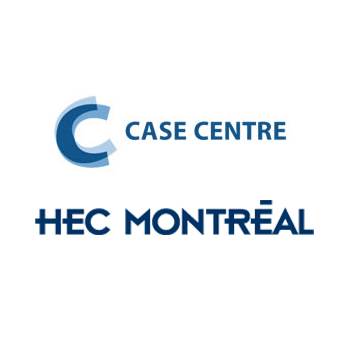Description
Dans la rue: Balancing the Heart and the Pocketbook: Abstract
This case study of social innovation and entrepreneurship looks closely at the growth of a not-for-profit enterprise. Dans la rue was founded in 1988 when a “rebel priest,” Father Emmett Johns, bought a used van and started going into the streets of Montreal to help youth at risk directly – hence, the name of the organization, French for “in the street.” In over 25 years, the organization has grown steadily; in 2013, it operated in three locations with 65 employees and over 100 volunteers.
Elements of this case are common to any start-up organization: over time, it grows, learns, acquires legitimacy, and becomes increasingly professionalized. But there are also unique elements to Dans la rue: a vulnerable clientele, certain unsettling realities (drugs, theft, prostitution, etc.), and the need to be involved with yet remain distant from government agencies and funding sources. This case takes a detailed look at how the organization’s executives have met the challenges of balancing the needs of street youth with the concerns of private donors and government agencies while keeping Dans la rue sustainable.
Teaching objectives
Look at:
- Non-profit management or social innovation
- Leadership in an untraditional setting
- Decision-making in the not-for-profit world
Main themes covered
- Non-profit management and fundraising
- Social innovation
- Leadership
Concepts and theories related to the case
- Non-profit management and fundraising: Klein, Kim (2011). Fundraising for Social Chang
- Social innovation: Dees, J. Gregory (1998). The Meaning of Social Entrepreneurship
Seelos, Christian and Johanna Mair (2005). “Social entrepreneurship: creating new business models to serve the poor”, Business Horizons, Vol. 48, No. 3. - Leadership: Block, Stephen and Steven Rosenberg (2002). “Towards an understanding of founder’s syndrome: An assessment of power and privilege among founders of non-profit organizations”, Nonprofit Management and Leadership, Vol. 12, No. 4.
Additional information
Teaching notes are available for teachers only. Contact the HEC Montréal Case Centre for more information.






Reviews
There are no reviews yet.